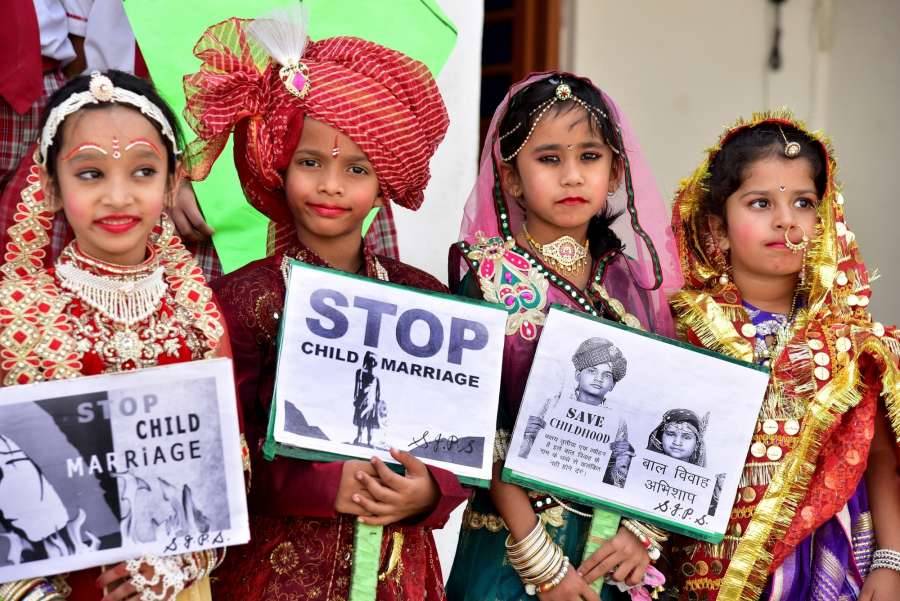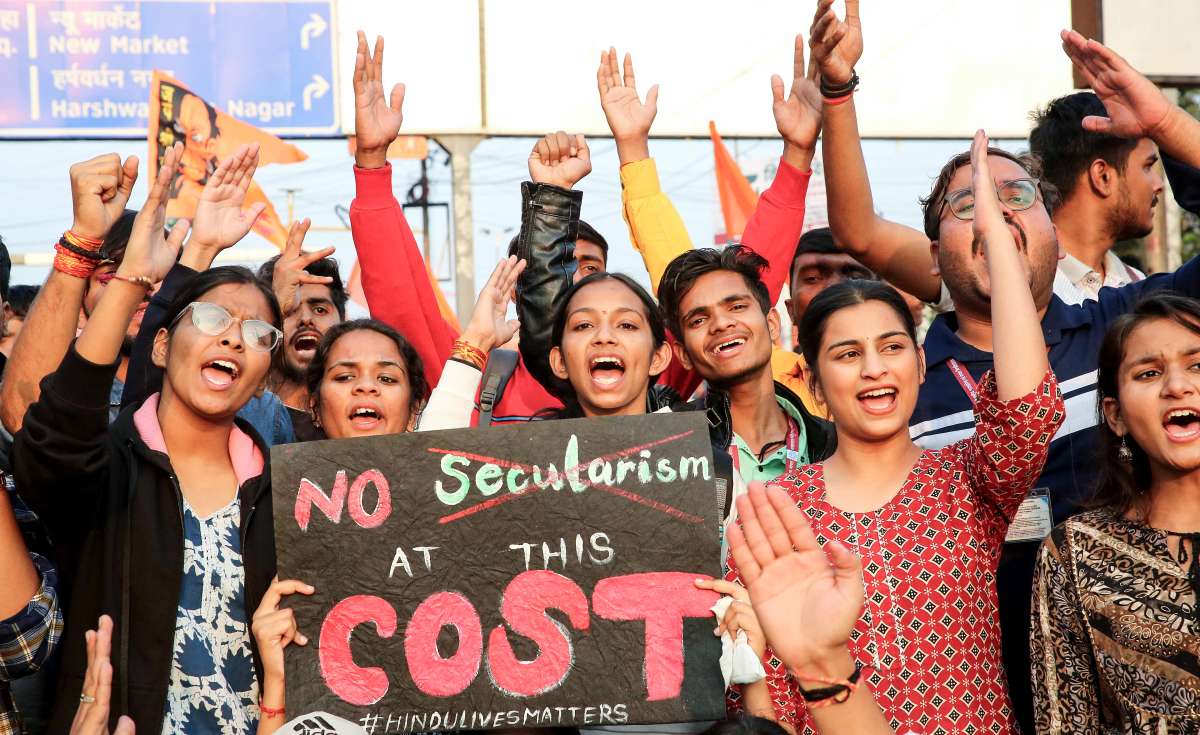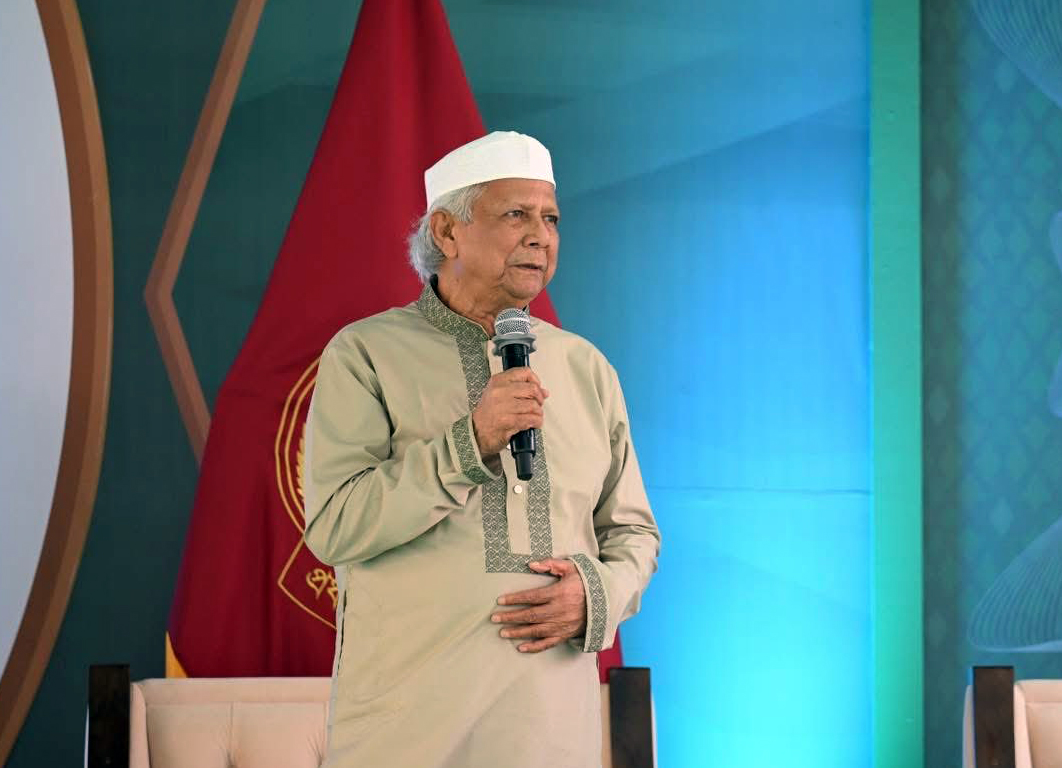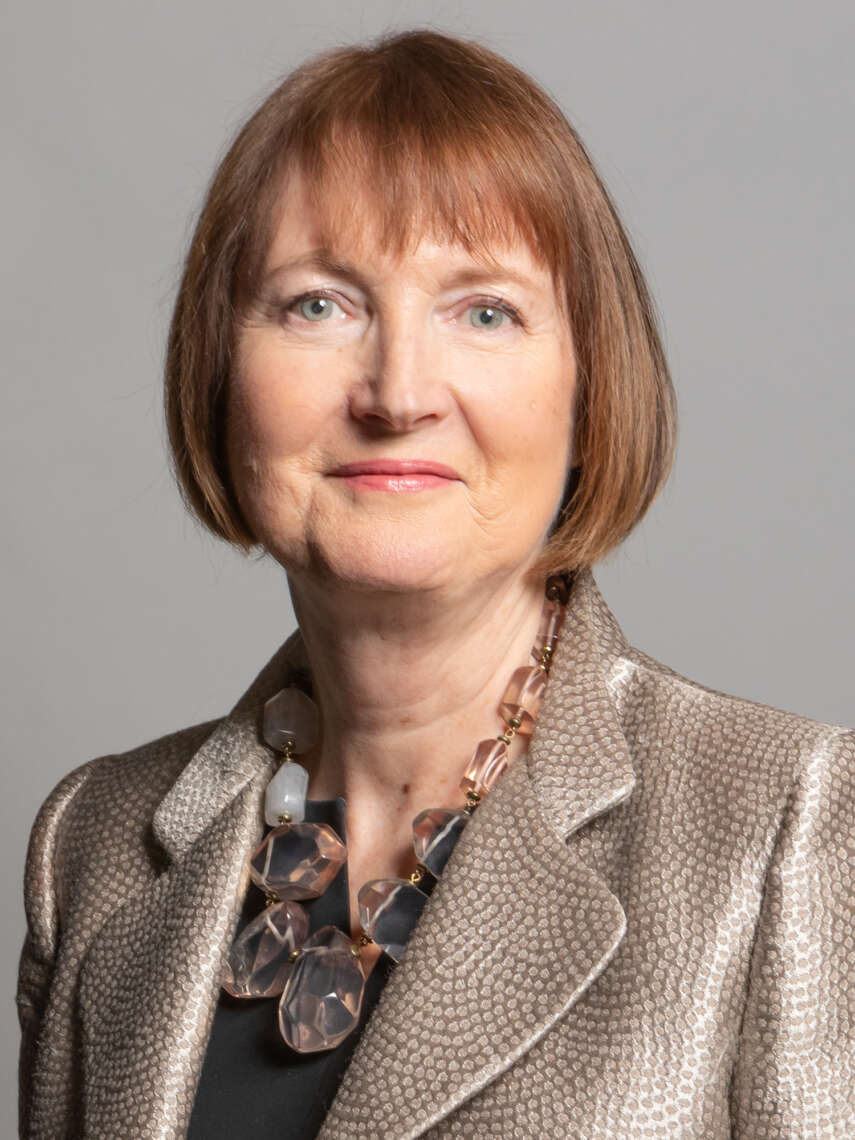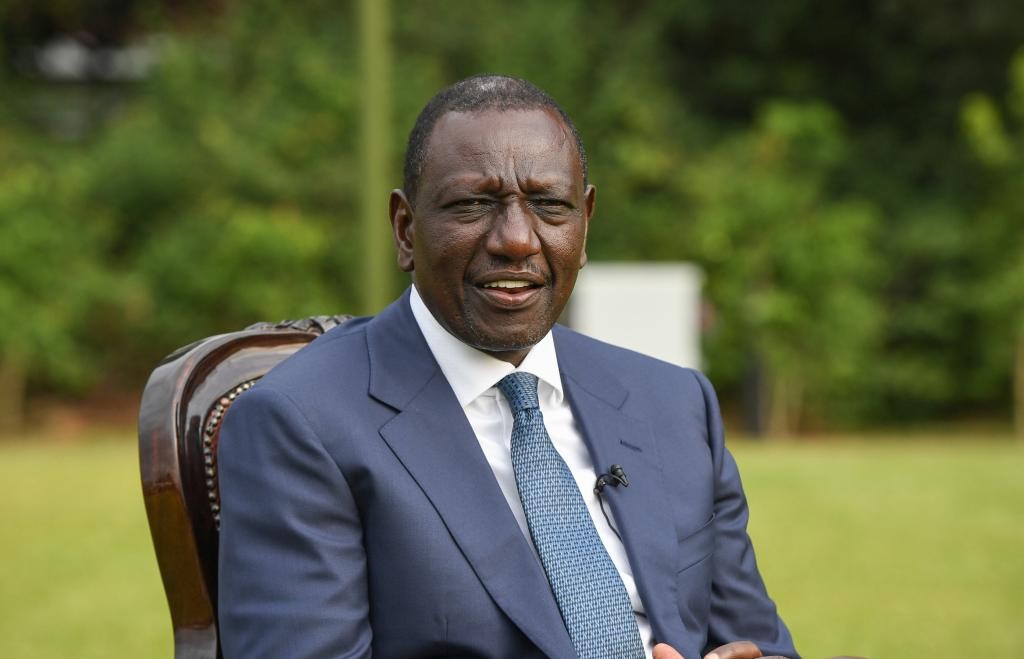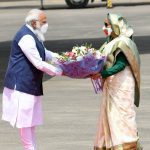The UNICEF report highlights that Bangladesh has the highest rate of child marriage in Asia, with over 50 per cent of girls being married off before the age of 18
A recent global report highlights Bangladesh’s ongoing struggles with high child marriage rates, gender inequality, violence, and limited opportunities for girls.
The report, titled, ‘Girl Goals: What has changed for girls? Adolescent girls’ rights over 30 years’, was released by UNICEF, UN Women, and Plan International to mark International Women’s Day.
The report highlights that Bangladesh has the highest rate of child marriage in Asia, with over 50 per cent of girls being married off before the age of 18. This alarming statistic places Bangladesh among the top nations globally struggling with this harmful practice.
Emphasising the importance of investing in adolescent girls, the report points out that such investments not only empower individuals but also contribute significantly to the economic development and stability of communities and nations.
The report assesses progress made by countries since the 1995 Beijing Declaration, acknowledging advancements in various areas, including education and healthcare access.
However, it raises concerns over persistent challenges faced by adolescent girls in Bangladesh, particularly regarding inequalities, violence, and restricted educational and economic opportunities.
Rana Flowers, UNICEF’s representative in Bangladesh, stressed the urgent need for change. “Adolescent girls in Bangladesh want to contribute to a flourishing Bangladesh where they can embrace opportunities and support their country to thrive. Yet, barriers and discrimination continue to hold them, and their country back,” he said.
Flowers highlighted that access to life skills and digital literacy is crucial, but addressing the concerning rates of child marriage and violence against girls remains a top priority. He warned that these issues often lead to early and risky childbearing, which can endanger the lives of both mother and child.
“This International Women’s Day, let’s break barriers and create equal opportunities, inspiring hope for all. We must amplify girls’ voices and ensure their participation in decision-making,” Flowers added.
He urged the Bangladesh government to invest more in adolescent health services, strengthen the social work sector, and improve education, nutrition, life skills, and digital literacy for girls to unlock their potential.
The report reveals that Bangladesh ranks eighth globally in terms of child marriage rates and tops the list in Asia. It states that 51.4 per cent of Bangladeshi women aged 20-24 were married before turning 18. This practice continues to deepen poverty, risk girls’ health, and hinder their potential, ultimately affecting Bangladesh’s economic growth.
The study further shows that 24 per cent of Bangladeshi women aged 20-24 had given birth before the age of 18. Alarmingly, 28 per cent of girls aged 15-19 have faced physical or sexual violence from a partner in the past year, and only 47 per cent of married adolescent girls in this age group have the autonomy to make informed reproductive health decisions.
Gitanjali Singh, UN Women’s representative in Bangladesh, reflected on the slow and uneven progress made since the 1995 Beijing Declaration.
“As we commemorate 30 years of the Beijing Declaration, we celebrate progress on the rights of women and girls, while acknowledging that gains have been slow, fragile, and uneven. In Bangladesh, many young girls remain out of school, at risk of harmful practices and violence,” she said.
Singh stressed the need for collective efforts to unlock the potential of adolescent girls. “An all-hands-on-deck approach is essential to unlock their potential. Investing in their empowerment and leadership is not only the right thing to do but also the smart thing to do,” she added.
According to the report, Bangladesh’s secondary school completion rate for adolescent girls stands at 59.22 per cent. The findings call for substantial government action and support from stakeholders to meet the 2030 Sustainable Development Goals (SDG) for girls’ education.
The study also highlights that Bangladesh is one of only seven countries where the proportion of adolescent girls and young women with digital skills is 2 per cent or lower, further limiting their opportunities.
Kabita Bose, country director at Plan International Bangladesh, acknowledged the progress made in reducing adolescent birth rates, improving access to skilled birth attendants, and increasing economic participation among girls and young women.
“I am pleased to observe that Bangladesh has made significant efforts to reduce adolescent birth rates, increase services for skilled birth attendants, and boost the economic participation of girls and young women,” Bose said.
She also noted improvements in girls’ enrollment and completion rates at primary, secondary, and higher secondary education levels. However, she emphasised that quality education remains a significant challenge.
“Girls and young women are alarmingly lagging behind in digital skills. Much remains to be done to reduce child, early, and forced marriages, improve access to sexual and reproductive health services for adolescents, and ensure safe mobility for girls in public spaces,” she added.
Bose highlighted Plan International’s ongoing efforts to empower girls and youth through their initiative, ‘All Girls Standing Strong Creating Global Change’, aimed at achieving gender equality.
Despite the persistent challenges, the report offers some positive insights, noting that the global life expectancy for 15-year-old adolescent girls has risen to 79.1 years, reflecting a 4.5-year improvement.
Initiatives such as the Human Papillomavirus (HPV) vaccine campaign have played a vital role in protecting millions of Bangladeshi girls from cervical cancer, a leading cause of death among women in the country.
As Bangladesh continues its efforts to empower adolescent girls, experts stress that sustained investments in education, healthcare, and social protection are key to ensuring a brighter, safer future for the country’s young women.


